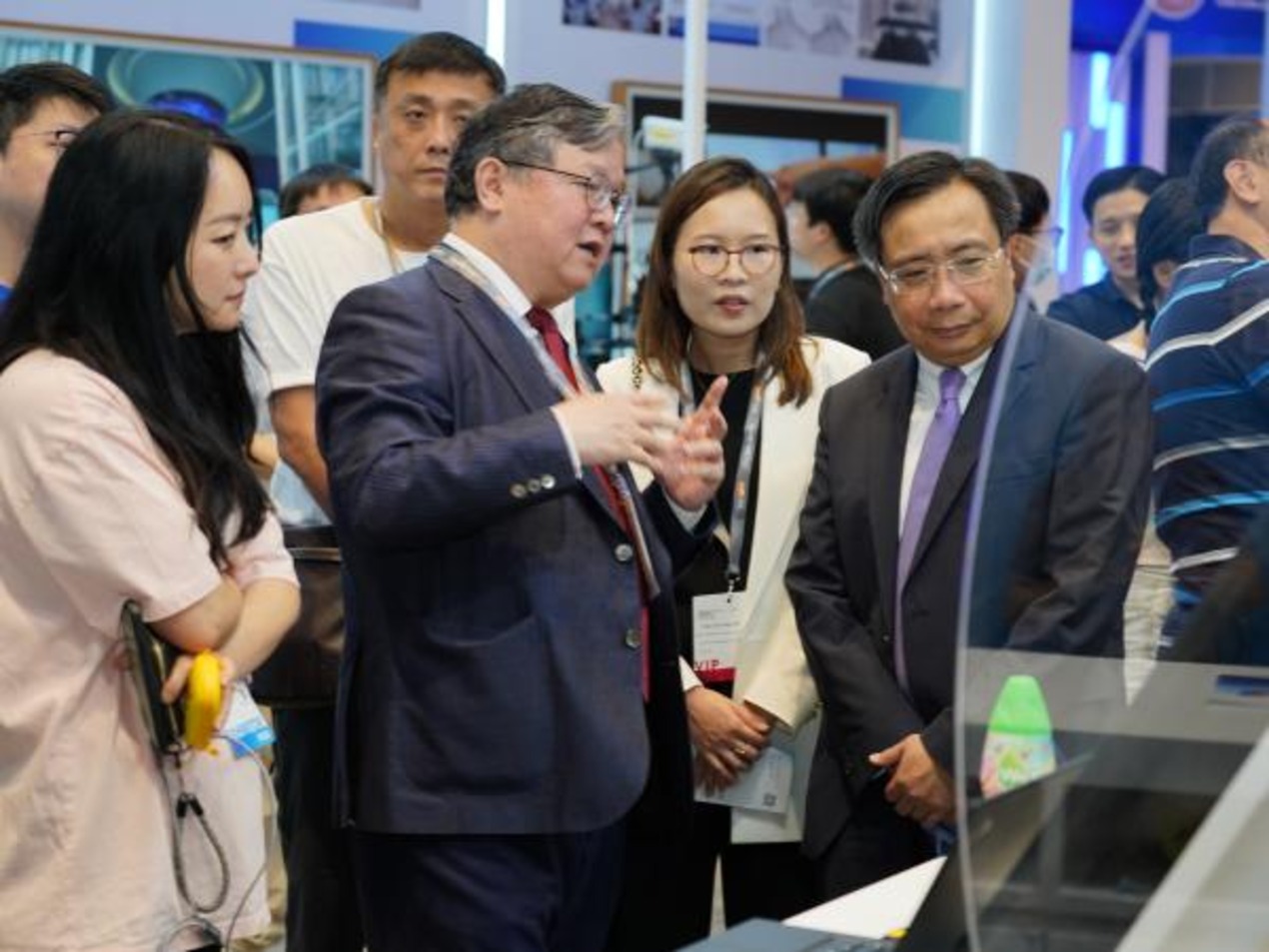
Digital technology has the potential to create new jobs for 20-45 million workers in Indonesia, according to the Indonesian National Development Planning Minister and Head of the National Planning and Development Agency (Bappenas) Suharso Monoarfa. Addressing the Statistical Society Forum, Monoarfa said Indonesia has experienced digitalisation which is projected to create new types of jobs for 20-45 million vacancies.
Indonesia must conduct economic transformation in the post-COVID-19 period, such as by improving the skills of Indonesian workers so that the national economy will not only recover but also grow higher beyond 5% per year.
In addition to the use of digital technology, the economy should be developed in a more inclusive and sustainable way so that Indonesia can achieve its Net Zero Emissions target by 2060, he added. Economic recovery alone is not enough to lift the trajectory of the economy, so it is necessary to speed up economic transformation in order to both restore and lift the economy higher, the minister affirmed.
According to Monoarfa, in 2023, the Indonesia n government is optimistic of economic growth starting to accelerate or being higher than the target in 2022, which ranges from 5.3 to 5.9% year-on-year, thus helping the Southeast Asian nation maintain its status as an upper-middle-income country.
While Indonesia has one of the fastest-growing digital economies in South East Asia, action is needed to ensure that all Indonesians, especially the most vulnerable, can access various digital technologies and services and realise the benefits. Although the accelerated adoption of internet-enabled services during the pandemic is likely to boost the growth of the digital economy, the benefits of such development could be unequal.
For Indonesia to leverage digital technologies for greater inclusion, the new report emphasises three policy priorities. The first is to boost digital connectivity and universalize access to high-quality internet through efforts such as improving the clarity of regulations around the sharing of telecom infrastructure.
The second priority is to ensure that the digital economy works for all. This can be supported by better logistics and greater investment in relevant skills for the digital era. The third priority is using digital technologies to provide better public services, improve the quality of citizen-and-state interactions, and build trust in the digital world.
Despite the progress in expanding the internet over the past decade, the basic connectivity gap remains a major hurdle in Indonesia. Almost half of the adult population is still without access while the urban-rural connectivity divide has not narrowed. In 2019, 62% of Indonesian adults in urban areas were connected to the internet compared to 36% in rural areas, while it was 20% and 6% respectively in 2011. Indonesians in the top 10% of the income distribution were five times more likely to be connected than those in the bottom 10%.
Digitally engaged Indonesians are now experiencing how technologies reshape their lives and commercial activities contributing to a better consumer experience. However, the opportunities are often limited to a particular demographic group with a relatively higher level of skills. Digital gig work is more remunerative than other forms of informal work but is concentrated among urban male workers predominantly in the transportation, storage, and communications sector.
The report recommends the development of a national digital ID framework to enable Indonesians to prove their identity securely online, including a law on personal data protection that is backed by an independent oversight body. It calls for a reorientation from a narrow focus on e-government to a more comprehensive national digital transformation agenda.
















